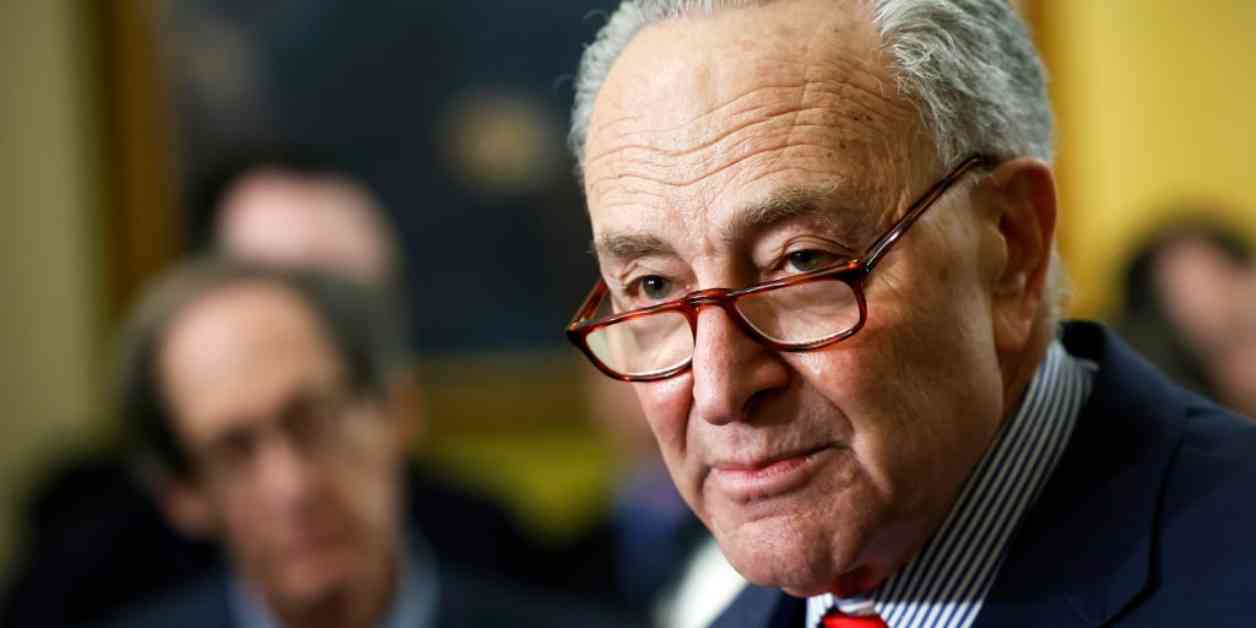Senate Passes Defense Bill Banning Gender-Affirming Care for Minors
The Senate made a monumental decision on Wednesday, passing the National Defense Authorization Act (NDAA) with a vote of 85 to 14. This massive defense spending package includes a controversial ban on coverage of gender-affirming care for transgender children of military service members.
What Led to the Ban
The bill, totaling $895 billion, sets the budget for the Defense Department for the upcoming year. Among over a thousand pages of defense policy, the provision prohibiting gender-affirming care for minors has sparked intense debate. The ban specifically targets Tricare, the military’s health care service, from covering medical treatment for military dependents under 18 diagnosed with gender dysphoria.
Democrats’ Fierce Opposition
Over 20 Democratic senators, spearheaded by Sen. Tammy Baldwin of Wisconsin, made a valiant effort to amend the bill on Monday. Their goal was to eliminate the language that would prevent Tricare from providing gender-affirming care for military family children. Despite their efforts, the amendment was ultimately unsuccessful.
Sen. Baldwin emphasized that military service members have “earned the right” to decide on their children’s care, not the federal government. She highlighted the trust in service members and their doctors to make the best healthcare decisions for their families, rather than politicians.
Division and Controversy
The passage of the NDAA has reignited the ongoing debate between Democrats and Republicans. While Senate Majority Leader Chuck Schumer acknowledged the bill’s imperfections, House Speaker Mike Johnson praised the inclusion of the ban on gender-affirming care for minors as a victory against what he termed “radical woke ideology.”
The bill’s passage in the House further reflected this divide, with 200 Republicans and 81 Democrats voting in favor, and 124 Democrats and 16 Republicans voting against it. Rep. Adam Smith, the ranking member of the House Armed Services Committee, criticized the provision, expressing concerns about the potential risks to children’s lives due to the ban.
In a statement, Rep. Smith emphasized the difficult choice that thousands of service members may face between continuing their military service or leaving to ensure their child receives necessary healthcare.
In conclusion, the contentious ban on gender-affirming care for minors has stirred significant controversy and division within the Senate and House. The implications of this decision are far-reaching, impacting military families and raising questions about the role of the federal government in healthcare decisions. As the bill heads to President Joe Biden’s desk, the debate surrounding this provision is far from over.


